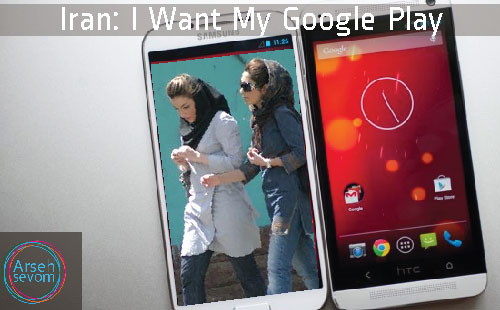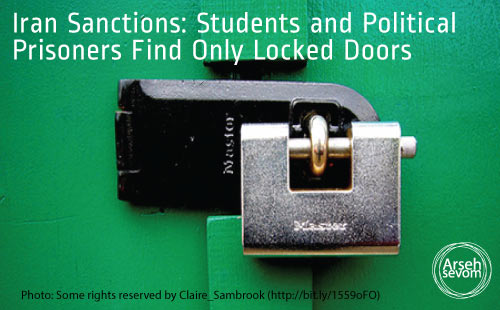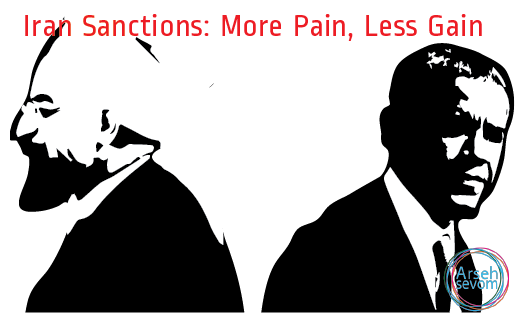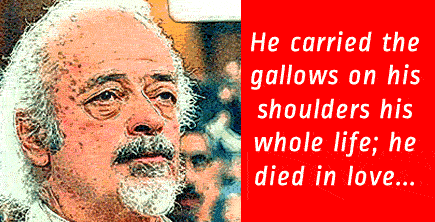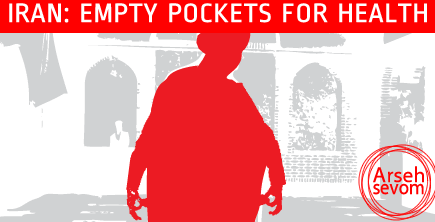September 4, 2013
Arseh Sevom -- Budget shortfalls have wreaked havoc on the state of Iran's healthcare, which is facing more than one billion euros of debt. Since sanctions were loosened on personal electronics, Iranians can now buy iPhones and Androids. Social Media is not just for opposition anymore as Iran's politicians find their way on to Facebook and Twitter. Membership in the World Trade Association (WTO) is still a distant dream for Iran as is freedom for the leaders of Iran's Green Movement. Somehow, however, Iran has found a way to fulfill the dream of a base on Antarctica.


